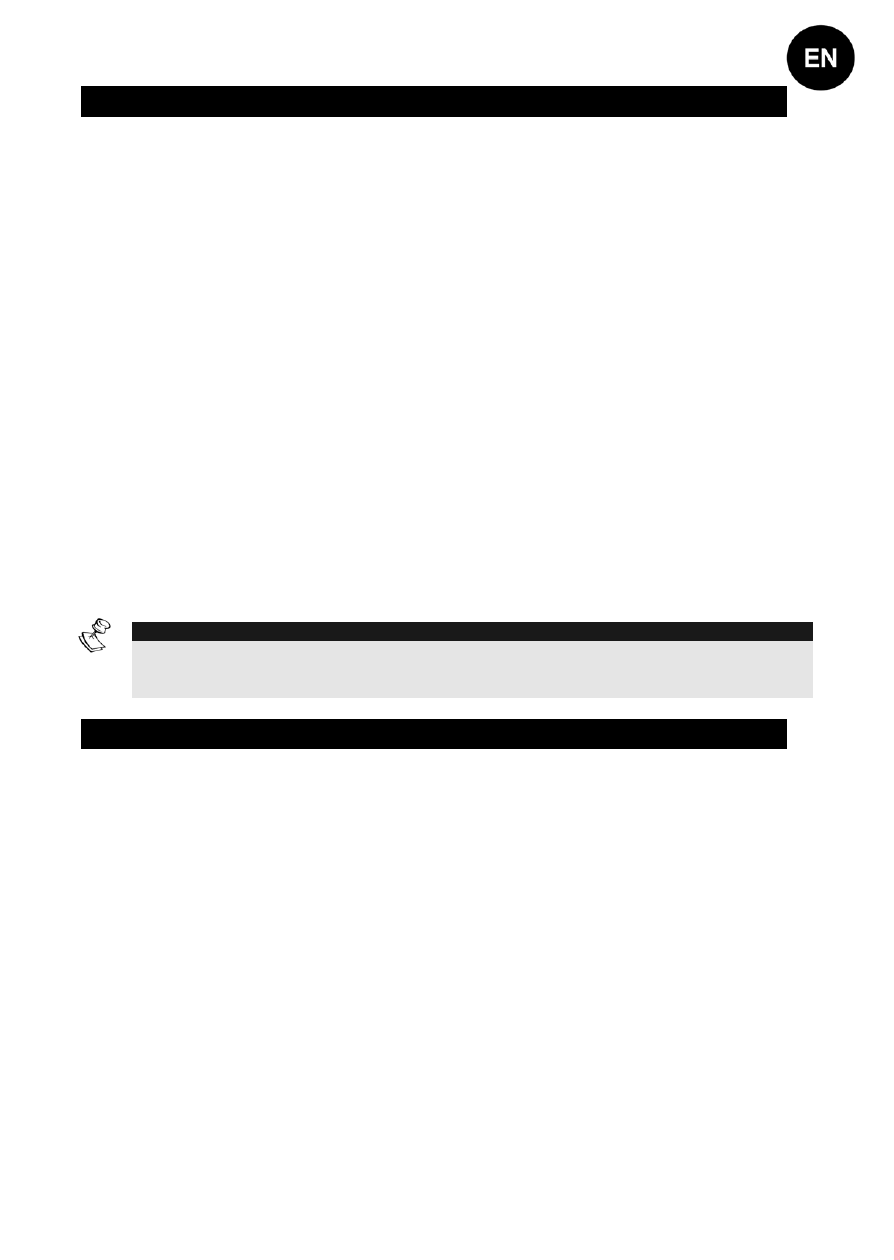Taking care of your smoke detector, Cleaning the smoke detector, Warning! limitations of smoke alarms – RISCO Group WL Supervised Smoke User Manual
Page 11

Wireless Supervisor Photoelectric Smoke Detector
11
TAKING CARE OF YOUR SMOKE DETECTOR
To keep your detector in good working condition, you must test the detector weekly,
according to the “Testing Your Smoke Detector” section.
CLEANING THE SMOKE DETECTOR
Clean the housing with a dry or damp cloth to remove dust and dirt. If necessary,
open the smoke chamber and clean the interior of the detector.
1. Remove the detector from the detector base.
2. Remove the batteries.
3. Using a flat screwdriver release the smoke detector cover.
4. Using a flat screwdriver lift the smoke chamber housing slightly.
5. Use a fine paintbrush to remove dirt from the chamber.
6. After cleaning, close the smoke chamber, fix the housing and remount the
detector on the ceiling.
DO NOT FORGET TO REPLACE THE BATTERIES!
BATTERY REPLACEMENT
Replace the detector batteries once a year or immediately when the low battery
“beep” signal sounds once every 35 seconds. The low-battery "beep" should last at
least 30 days before the batteries die out completely.
NOTE:
If false alarms keep coming from the detector, you should check whether the detector’s
location is adequate. Refer to section “WHERE TO INSTALL SMOKE DETECTORS.” Have
your detector moved if it is not located properly. Clean the detector as described above.
WARNING! LIMITATIONS OF SMOKE ALARMS
Wireless smoke alarms are very reliable, but may not work under all conditions. No fire
alarm provides total protection of life or property. Smoke alarms are not a substitute for life
insurance.
Smoke alarms require a source of power to work.
This smoke alarm will not operate and the alarm will not sound if batteries are dead or not
installed properly.
Smoke alarms may not be heard. A sound sleeper or someone who has taken drugs or
alcohol may not awaken if the alarm is installed outside a bedroom. Closed or partially
closed doors and distance can block sound. This alarm is not designed for the hearing
impaired.
Smoke alarms may not always activate and provide warning early enough. Smoke alarms
only activate when enough smoke reaches the alarm. If a fire starts in a chimney, wall,
roof, on the other side of closed doors, or on a different level of the property enough
smoke may not reach the alarm for it to alarm.
Smoke alarms are a significant help in reducing loss, injury and even death.
However, no matter how good a detection device is, nothing works perfectly under
every circumstance and we must warn you that you cannot expect a smoke alarm to
ensure that you will never suffer any damage or injury.
